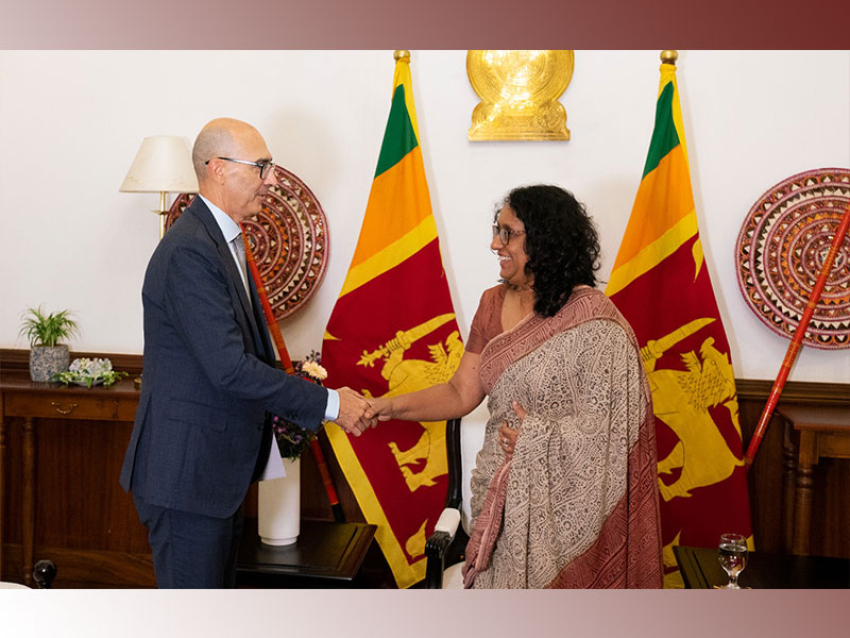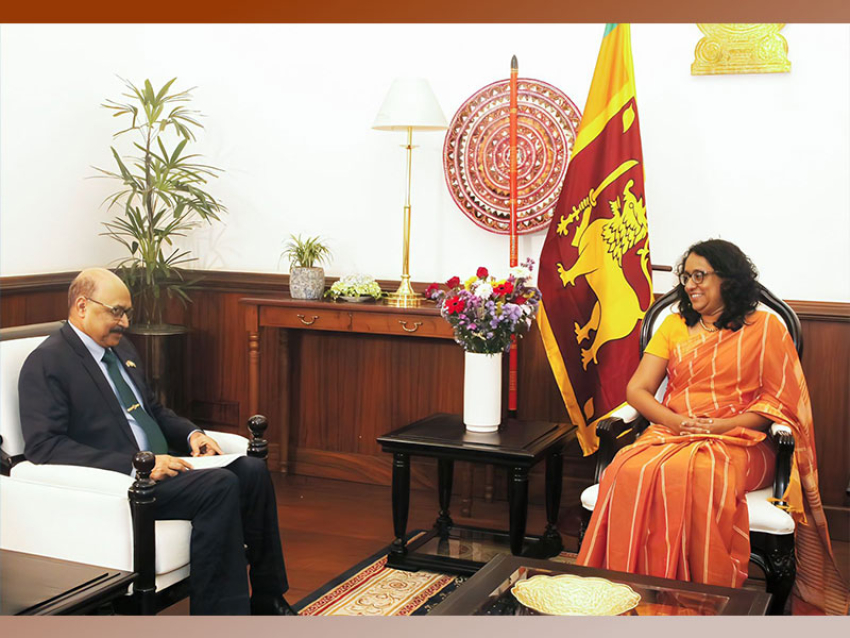Today, since chemical dyes too have come into the equation in addition to the traditional dyes, the spectrum of colors in Batik seems to have become endless. Originally a cottage industry, today manufacture of Batik products is done at workshop level in the South-western coastal areas of as well as the Central area of Sri Lanka.
Batik is of Indonesian roots, yet in Sri Lanka, the craft has developed into a unique style to produce shirts, sarongs, dresses, shorts, wall hangings, cushions covers, bed hangers and a multitude of décor items. Batik handicraft products are of distinctive designs in vibrant colors.
The time consuming technique in producing high quality Batik involves multiple waxing and dyeing of cloth on which the design is done. In the end all wax is scraped out and then boiled. The cloth is made to absorb colors of the dyes further by the use of Hydrochloric Acid.
Drying in the sun brightens up the colors. The number of colors in batik is the precise indication of the number of times it was immersed in the dye bath and application and removal of wax. That is to say a multicoloured design of Batik involves a great deal of work than a Batik design in just a couple of colors.
(ST/KH)




















